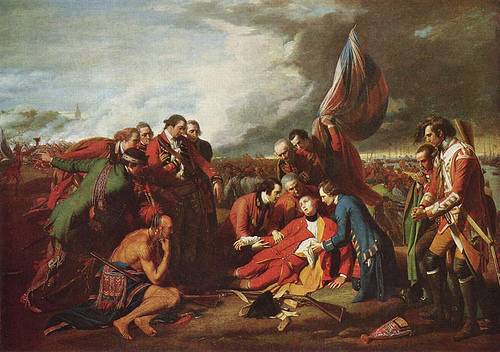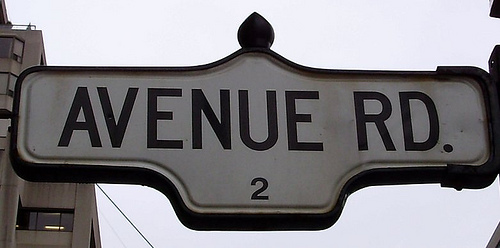In 1908, German novelist Ferdinand H. Grautoff published Banzai!, a curiously prescient account of a war between Japan and the United States. Japan deals a surprise defeat to unprepared American troops, who rally to repulse them:
Our splendid regiments could not be checked, so eager were they to push forward, and they succeeded in storming one of the enemy’s positions after the other along the mountainside. At last the enemy began to retreat, and the thunder of the cannon was again and again drowned in the frenzied cheers. General MacArthur was continually receiving at his headquarters reports of fresh victories in the front and on both wings.
Note the name of the American commander. Grautoff gives no clue to his inspiration, but in an introduction he writes, “All the incidents we had observed on the dusty highway of History, and passed by with indifference, had been sure signs of the coming catastrophe.”



